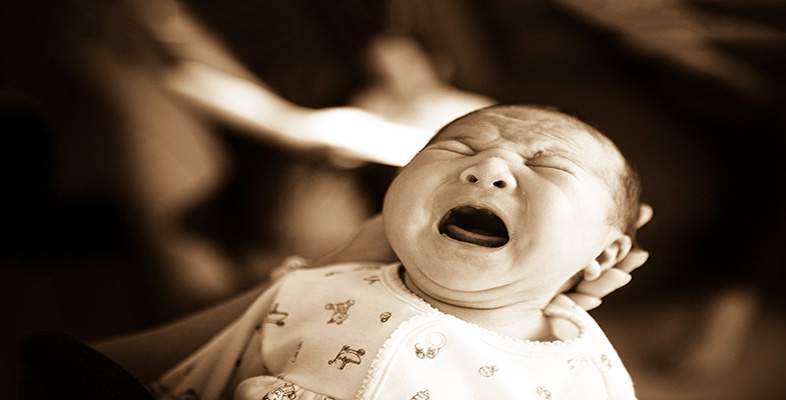6 Difference and young children
6.1 Introduction
Earlier in the course, Michael, Mia's grandfather, remarked that all his grandchildren were very different from each other. As authors of this course, we want to cater for the potentially different needs and experiences you have as a student. These experiences can come from a range of origins. For example, the way you approach studying can be to do with your temperament – whether you race through study material or work through it slowly. But it can also be to do with your past experience as a learner – for example, if you were criticised for poor reading in the past, you may lack confidence in your abilities. Babies too are different because of the temperament and personal characteristics they inherit from their families – placidity, seriousness, moodiness. Babies are also different because of the way they interact with and experience the world and people around them once they are born. Some of these differences are even said by researchers to be shaped by what happens in the womb before birth. The expectations placed on them by their families and communities, how they are treated by the adults, siblings and other people who care for them, and the circumstances in which they live, are also very important in shaping who they are. It is a two-way process.
The above discussion relates to an area of interest among academics which is referred to as the ‘nature–nurture’ debate. Academics and researchers interested in the nature–nurture debate are continually exploring how much of our behaviour and personal characteristics is programmed into us at birth and inherited from others (nature), and how much is a product of how we live our lives and the experiences that we have as we grow (nurture). Most researchers in this area would now accept that people's personalities are not formed by only nature or only nurture, but by a combination of both and the way they interact with each other.
